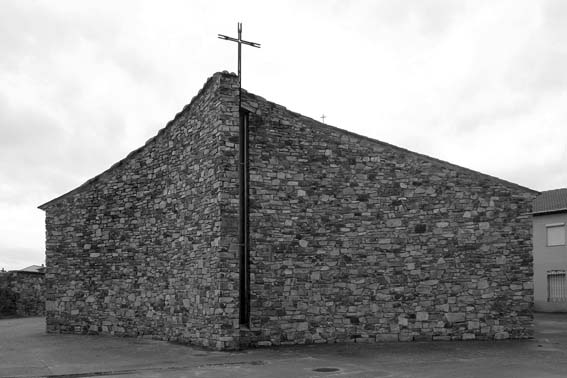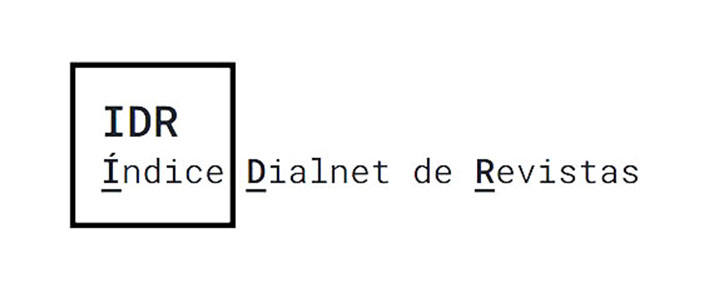De la teología a la identidad en la arquitectura religiosa contemporánea
DOI:
https://doi.org/10.17979/aarc.2011.2.2.5050Palabras clave:
Identidad, teología, arquitectura religiosa, ciudadResumen
Es evidente que el templo actual, al igual que el generado a lo largo de la historia, ha de dar respuesta al hombre al que trata de servir, a su vivencia de la fe y a su expresión de la comunión con Dios y los hombres. En este sentido, la consideración de la situación espiritual, litúrgica, religiosa y sociocultural de cada momento histórico hace que el templo manifieste significados que reproducen una forma concreta de entender, vivir y expresar la fe del hombre, además de los asociados a la propia expresión arquitectónica de cada momento.
Fijando nuestra atención en la época contemporánea, el templo queda determinado a partir de unas concepciones y categorías teológicas específicas que lo fundamentan. Este análisis debería traspasar los niveles de la mera cualidad técnica o artística para llegar a los significados profundos que el momento actual nos presenta, la forma en que los transformamos y los valores que queremos legar a los futuros creyentes. Así pues, es necesario trazar una explicitación, reflexión y puesta en relación de distintos aspectos litúrgicos, arquitectónicos, antropológicos y pastorales que se desprenden del análisis y estudio de lo que se constituye como la identidad de la arquitectura religiosa contemporánea a partir de los principios teológicos que están detrás de ellos y que los motivan.
Descargas

Descargas
Publicado
Número
Sección
Licencia

Esta obra está bajo una licencia internacional Creative Commons Atribución-NoComercial-CompartirIgual 4.0.















